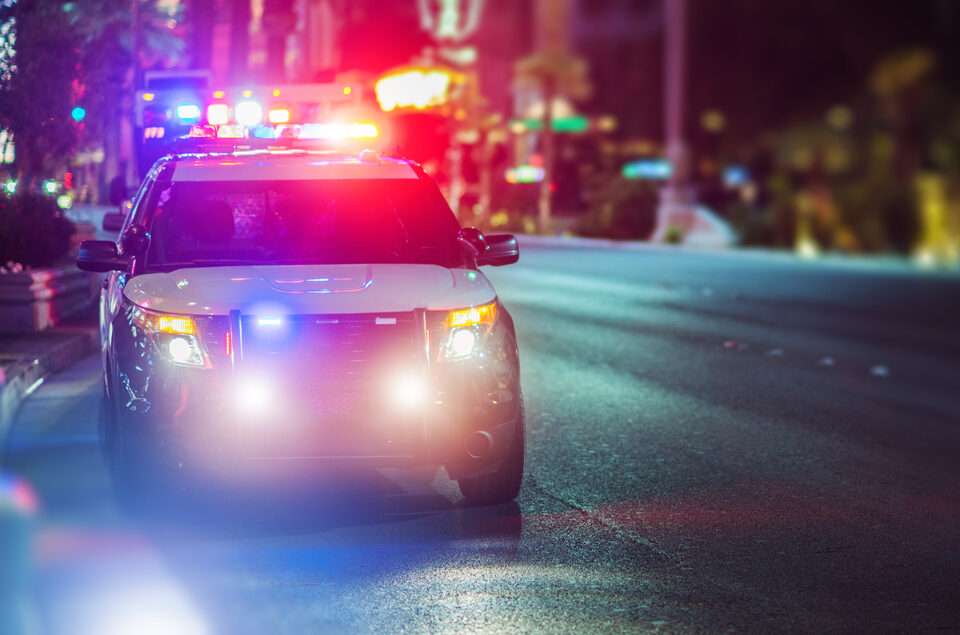Alcohol is a substance that suppresses the central nervous system, and heavy or long-term drinking can lead to a physical dependence.1 Alcohol’s powerful effects on the central nervous system lead to difficult alcohol withdrawal symptoms that can become dangerous and even deadly. Our alcohol detox program is designed to mitigate symptoms of alcohol withdrawal, and if symptoms are present, you should seek professional assistance immediately. Alcohol withdrawals can quickly progress and often require medical assistance.
Symptoms of Alcohol Withdrawal
The symptoms of alcohol withdrawal vary in intensity and type. Some are simple such as nausea and may be treated with over the counter medications, but others like confusion or elevated heart rate will require more intensive care. Because of this, the presence of any acute alcohol withdrawal symptom should motivate the patient to seek medical attention. Detoxing from alcohol without the right support can be fatal, so medically monitored detox is crucial.
Signs of alcohol withdrawal include:
- Nausea
- Anxiety
- Tremors
- Sweating
- Hypertension
- Hallucinations
- Elevated Heart Rate
- Seizures
- Fever
Delirium tremens, known as the DTs, is another symptom of alcohol withdrawal that occurs in less than 5% of people withdrawing from alcohol. The DTs are marked by hallucinations, tremors, and confusion. The condition is also associated with convulsions and cardiovascular collapse.2
Questions about our Facilities or Programs?
Our admissions coordinators are available 24/7 to answer any questions you may have as you consider whether treatment at Banyan is right for you or your loved one.
Alcohol Withdrawal Symptoms Timeline
The alcohol withdrawal symptoms timeline includes all symptoms of alcohol withdrawal symptoms and generally begin within 6-24 hours of a person’s last drink.3 The alcohol withdrawal timeline is usually as follows:
- 6 hours after your last drink, more mild withdrawal symptoms may start. You may not even recognize these as withdrawal symptoms, they may include anxiety or headaches.
- 12-24 hours after your last drink, you may start to experience more intense alcohol withdrawal symptoms such as hallucinations or seizures.
- 24 to 48 hours after your last drink, you’ll likely still be experiencing milder alcohol withdrawal symptoms. But more intense symptoms may start at 48 hours.
- 48 to 72 hours after your last drink, you may be dealing with the more intensive symptoms. This can include delirium tremens, seizures, elevated heart rate, or alcohol withdrawal fever.
- 72 hours after your last drink, your withdrawal symptoms are likely at their worst. You might be dealing with problems like the DTs, hallucinations, seizures, or elevated heart rate.
- 72 hours and beyond after your last drink, you may still be experiencing mild or intense alcohol withdrawal symptoms. These might include hallucinations, nausea, or other issues that can extend days or even weeks beyond your last drink, though the exact duration varies from patient to patient.
Your exact alcohol withdrawal symptoms and timeline will vary depending on your age, health, duration of drinking, and intensity of alcoholism. Patients who have detoxed from alcohol in the past and are detoxing again may experience the more severe withdrawal symptoms, as may older patients. But the exact challenges you face will depend on your own factors, but our team at Banyan Boca can help you safely and comfortably detox.
When to Seek Help for Alcohol Withdrawal
Can alcohol withdrawal be fatal? Yes, which is why it’s so important to get professional help for your alcohol detox process. Medical professionals can monitor your condition during the alcohol withdrawal timeline, giving you the medical and therapeutic support that you need to safely detox from alcohol. Symptoms such as the DTs, seizures, and alcohol withdrawal fever must be medically treated to prevent deadly complications.
Withdrawal symptoms don’t always follow the general alcohol withdrawal timeline above, which is why it’s important to get professional support for your alcohol detox from the very beginning to ensure the utmost safety during your detox and beyond.
Is it Dangerous to Stop Drinking Suddenly?
It can be dangerous to suddenly stop drinking, but it’s also the only way to get sober from alcoholism. Most alcoholics go cold turkey when quitting drinking, which means that they do experience alcohol withdrawal symptoms and these symptoms can sometimes be dangerous. But with the right medical support for alcohol detox, you can safely stop drinking and avoid many of the dangers.
Getting into treatment is easy with our free insurance verification
"*" indicates required fields
Treating Alcohol Addiction and Alcoholism in Boca Raton
Experiencing any form of discomfort associated with drinking, including shakes after a long night of drinking, indicates the need for professional drug and alcohol treatment. If you or someone you love has a problem with alcoholism, binge drinking, or other substance use disorders, our team at Banyan Detox Boca is here to help.
Call 888-280-4763 for guidance in finding sobriety.
Sources:
- British Journal of Hospital Medicine – Alcohol and the central nervous system
- NCBI – Acute Alcohol Withdrawal
- WebMD – What is Alcohol Withdrawal?









